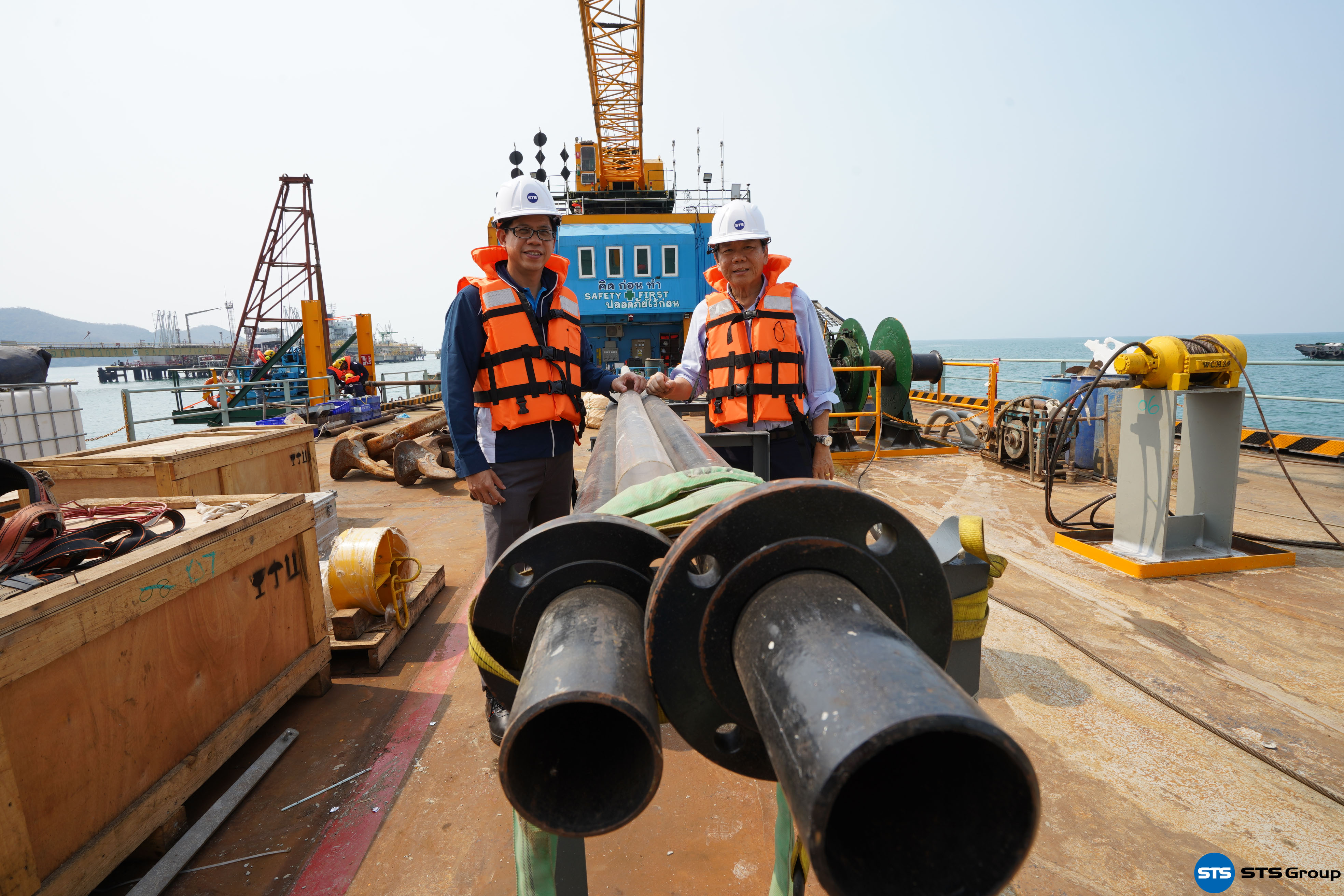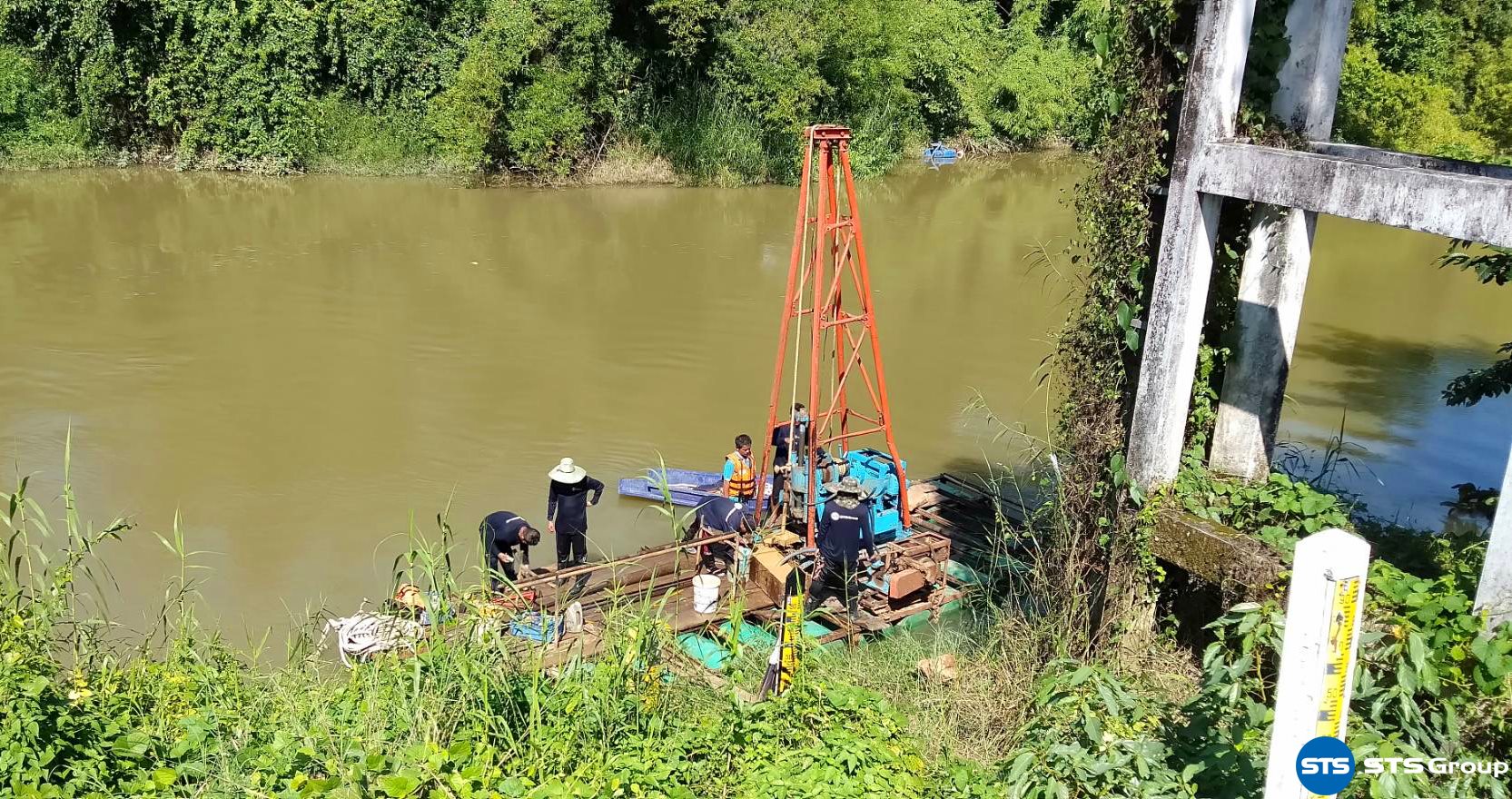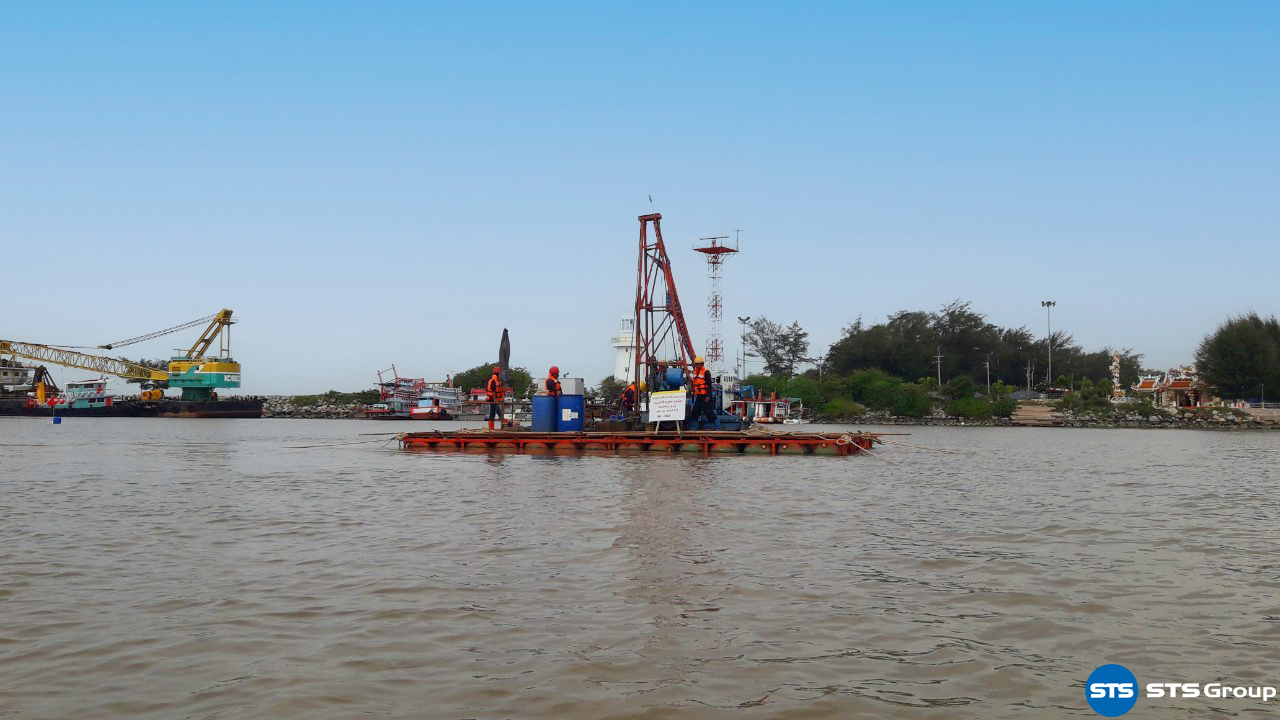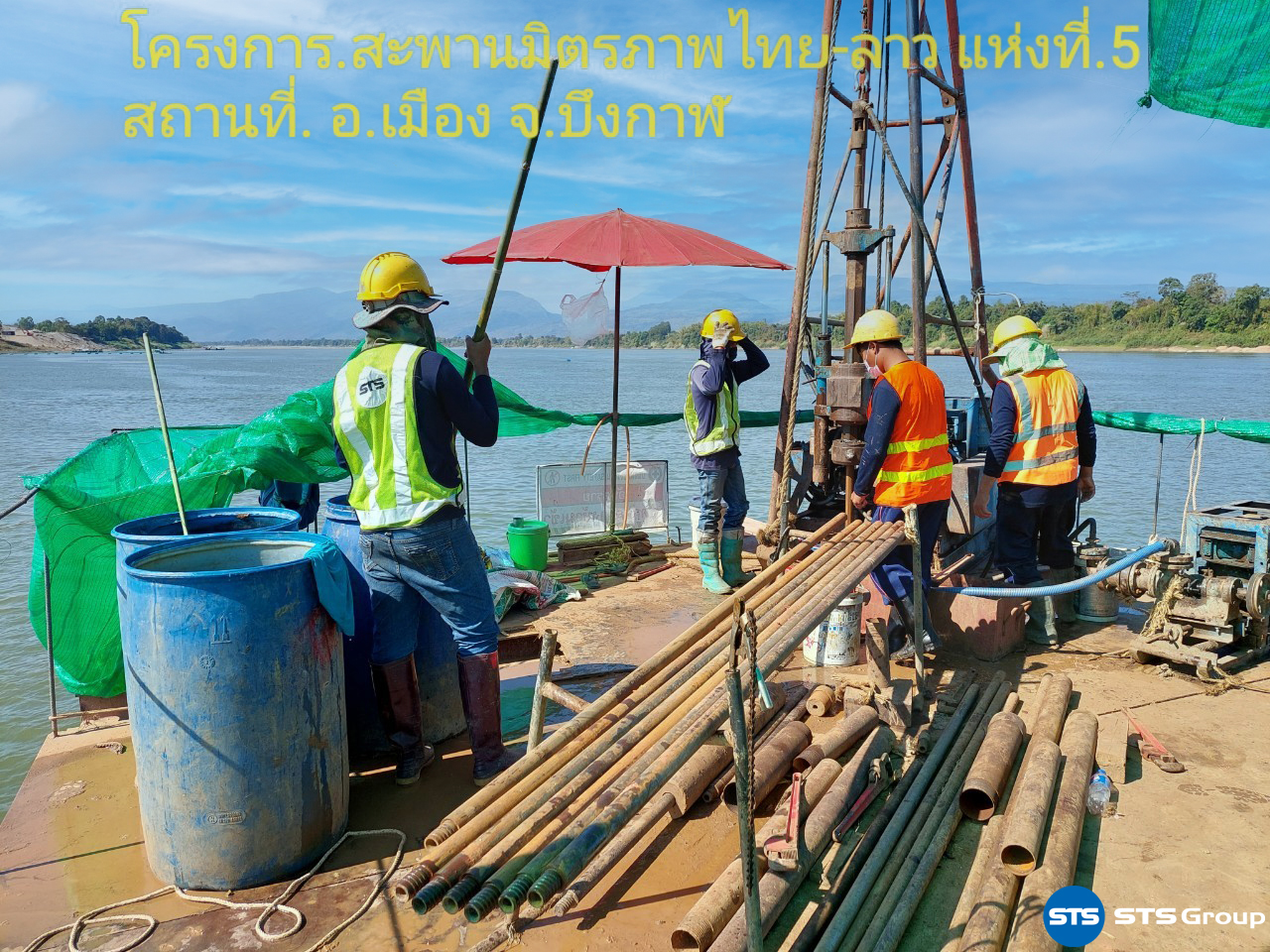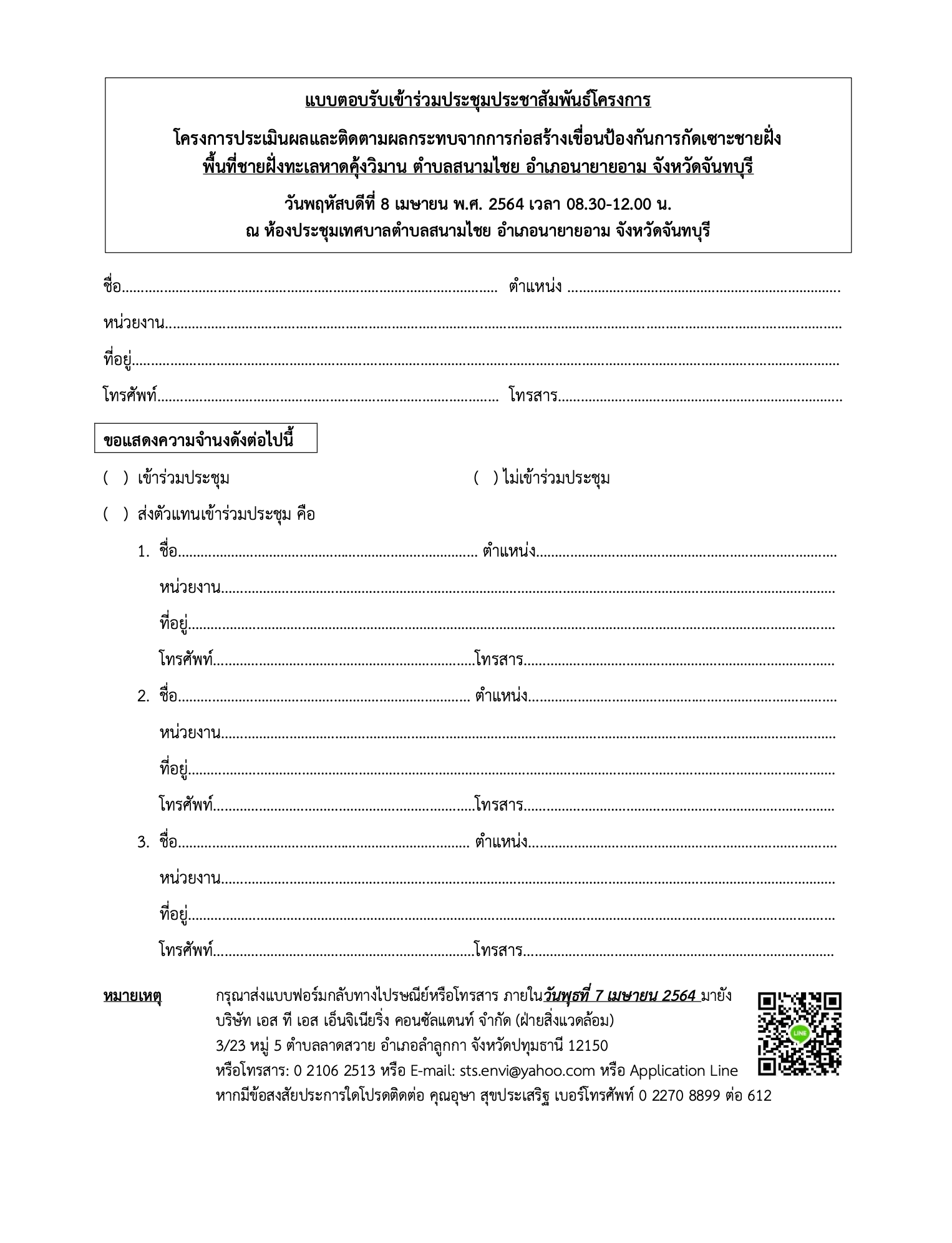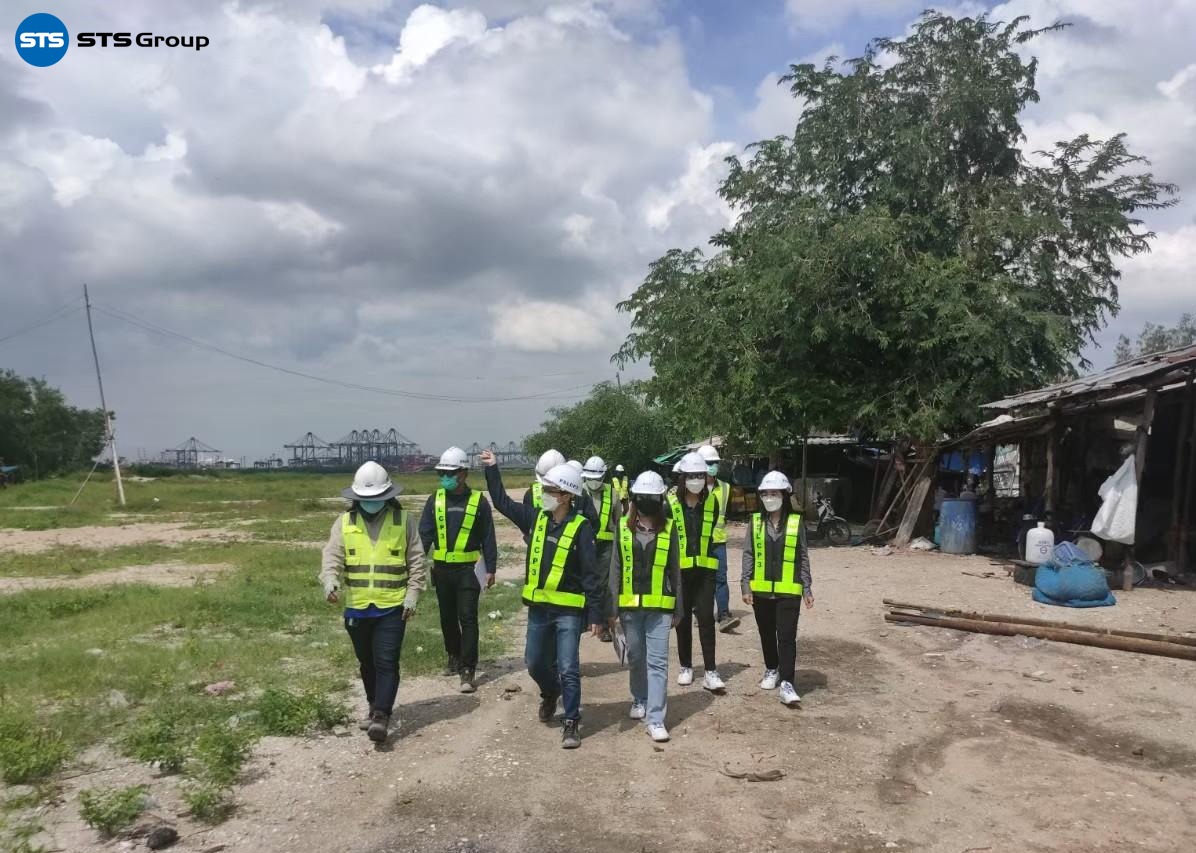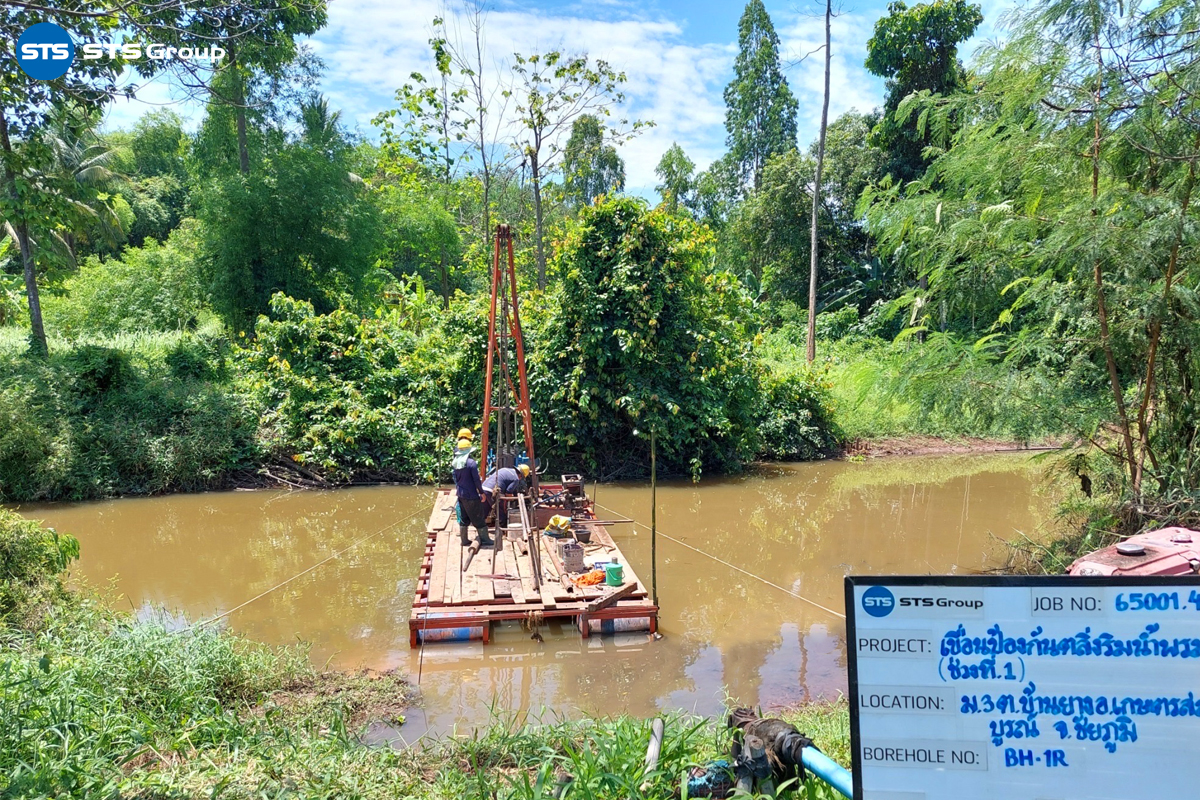
Geotechnical Services Business Unit


The company’s soil mechanics survey and Geotechnical departments have been recognized for their quality and accuracy of the information received by many national and international customers. Which the company is Certified by ISO 9001: 2015, and is first private company and the only one in service with such high standards at an international level. Providing drilling services for soil and rock exploration, in-field soil testing, different types of In Situ Tests, soil density testing, soil sounding tests such as Cone Penetration Testing (CPT), Pressuremeter testing, DCPT Testing and Kunzelstab testing.
Resulting in obtaining information regarding soil properties, Soil condition, soil type, load-bearing capacity, Settlement subsidence rate, soil liquefaction, and soil water absorption in order to design the appropriate size and layout of foundations for underground structures, Strength and load assessment of soil layers, road layers, earth filling, road work, dam work, etc.
Since the problems with foundations are expensive and difficult to solve, especially when there are structures above the ground. Therefore, the quality of the data from soil layer surveyance is very important to the parties responsible for the foundation design. Accurate and sufficient soil layer data will enable designers to design suitable foundations or underground structures. Economical, safe and able to reduce project costs the soil mechanics survey and Geotechnical departments offer services in the following areas:
1. Soil Boring and Rock Coring
In order to know the type of soil, soil samples must be collected by maintaining the condition of the soil as much as possible. The obtained soil samples will be used to determine soil properties such as soil strength, soil collapse rate, and water absorption, etc. The type of samples which will be collected depends on the purpose of the tests. The soil sampling service provided are as follows:


1.1. Undisturbed Sampling
1.2. Disturbed Sampling
1.3. Rock Coring
With STS Corporation Co.,Ltd. owning more than 50 of both Portable and Rotary soil exploration and drilling tools, on staff engineers and technicians with more than 50 years of experience in addition that, owning tools and equipment for river exploration or offshore drilling.







2. Geotechnical In Situ Tests
2.1. In Situ Tests


2.1.1. Standard Penetration Test, SPT
To find the strength and load-bearing capacity of the soil layer used in foundation design. Suitable for hard soil and sandy soil.
2.1.2. Cone Penetration Test, CPT และ Piezocone Penetration Test, CPTu
To find the surface friction value (Sleeve Friction, FS) and the resistance at the Cone Bearing to assess soil conditions and to design foundations, end bearing piles, and shallow foundations.
2.1.3. Field Vane Shear Test
To find the undrained shear strength of soft clay in the analysis of soil stability or “Slop Stability”.
2.1.4. Kunzelstab
To be used for shallow foundation design or to determine the appropriate soil depth for laying the foundation.
2.1.5. Field Density Test
In order to find the soil firmness in the field (In-Placed Density) to control the soil compaction in the field to be in compliance with the specifications of the compaction percentage.
2.1.6. Pressuremeter Test
To find the soil constant level especially the pressure coefficient of the soil in order to design the lateral soil pressure.
2.1.7. DCPT (Dynamic Cone Penetrometer Test)
To find in-situ CBR in accordance with ASTM Standard for pavement application and design.



2.2. Geophysical Survey Method
2.2.1. Soil Resistivity Test
To measure difference in the electrical resistance of the soil for the Cathodic Protection design of soil structures and electrical induction in the design of the grounding systems.
2.2.2. Thermal Conductivity Test
To find the in-situ soil thermal conductivity range which may impact to subsoil structures such as pipelines or foundation.
2.2.3. Downhole Seismic Test
To find the seismic wave value of the soil to be used in the design of earthquake prevention for foundations.


3. Laboratory Test
STS Corporation’s Soil drilling exploration and Geotechnical departments have available testing rooms for soil mechanics, soil testing, construction material quality testing such as crushed stone, Laterite and sand with high quality testing equipment from Europe and the United States. Test results are very accurate and the tests are carried out according to the standard procedure by engineers and experienced test staff which make the soil property data from the tests reliable and able to be used to design or control work flow efficiently. Testing tasks that the company provides are as follows:

3.1. Soil Classification
3.2. Soil Compaction Test
3.3. California Bearing Ratio Test (CBR)
3.4. Permeability Test
3.5. Consolidation Test
3.6. Constant Rate of Strain (CRS)
3.7. Shear Strength
3.7.1. Unconfined Compression Test
3.7.2. Direct Shear Test
3.7.3. Triaxial Test (UU, CU, CD)














